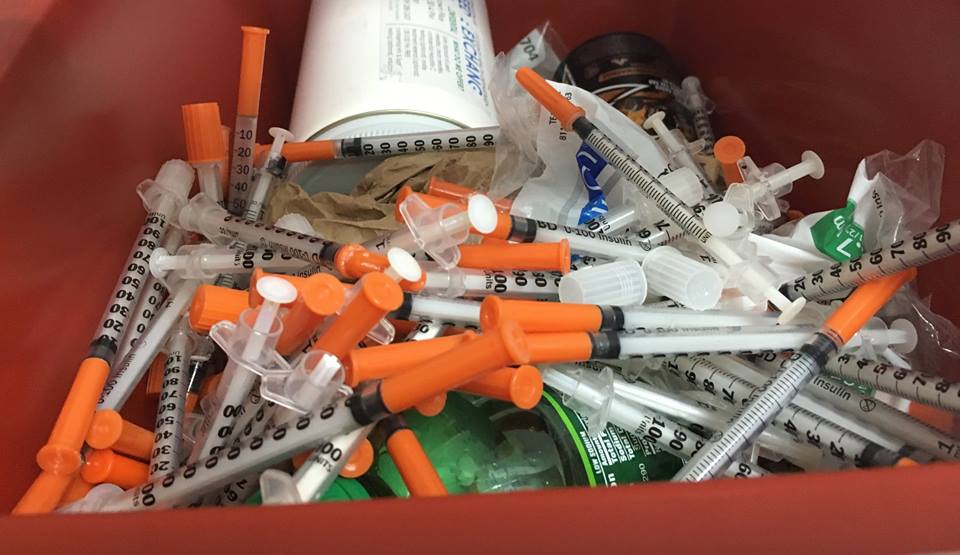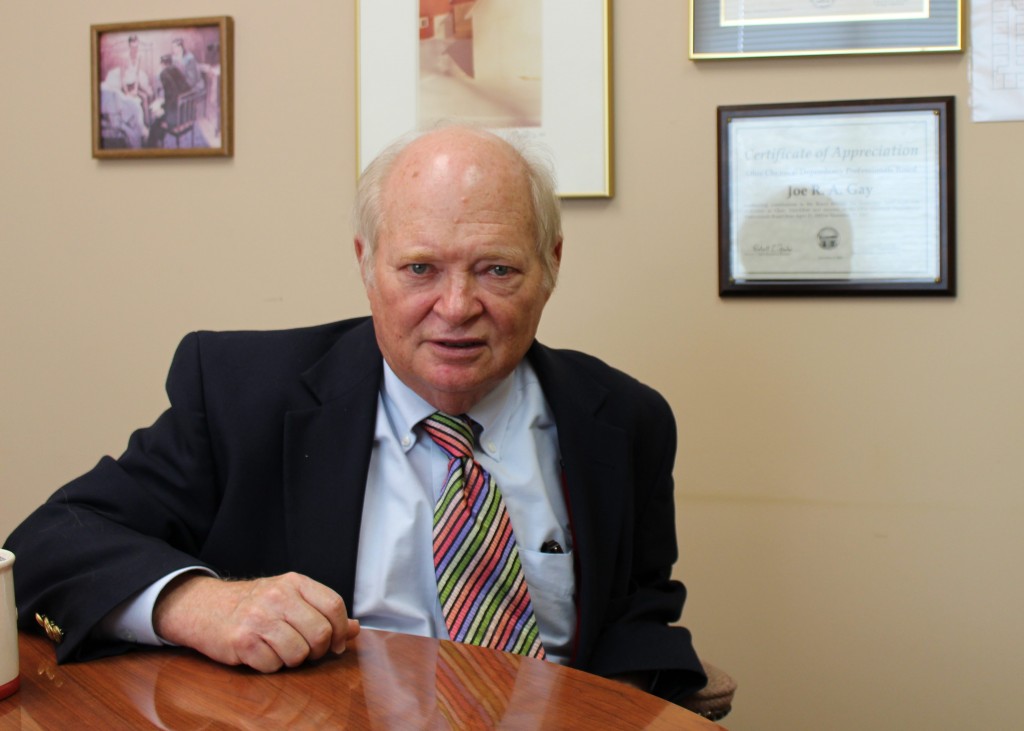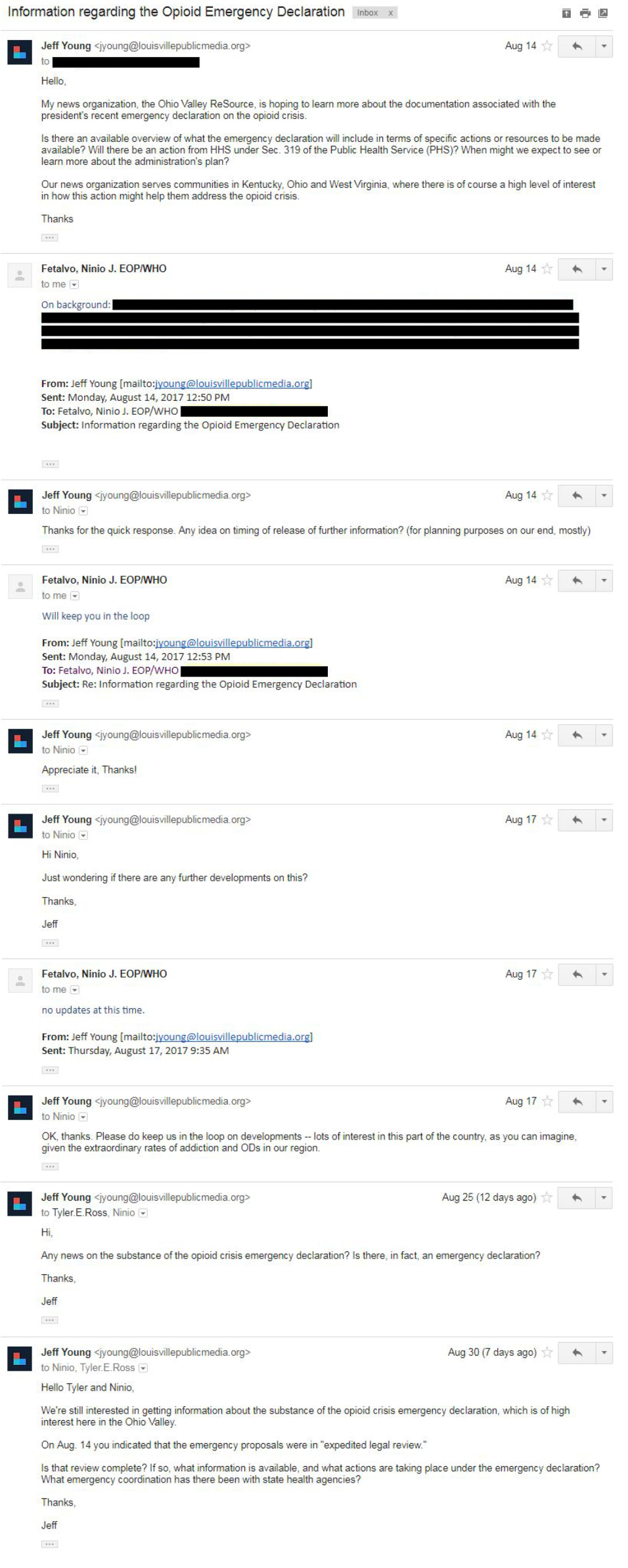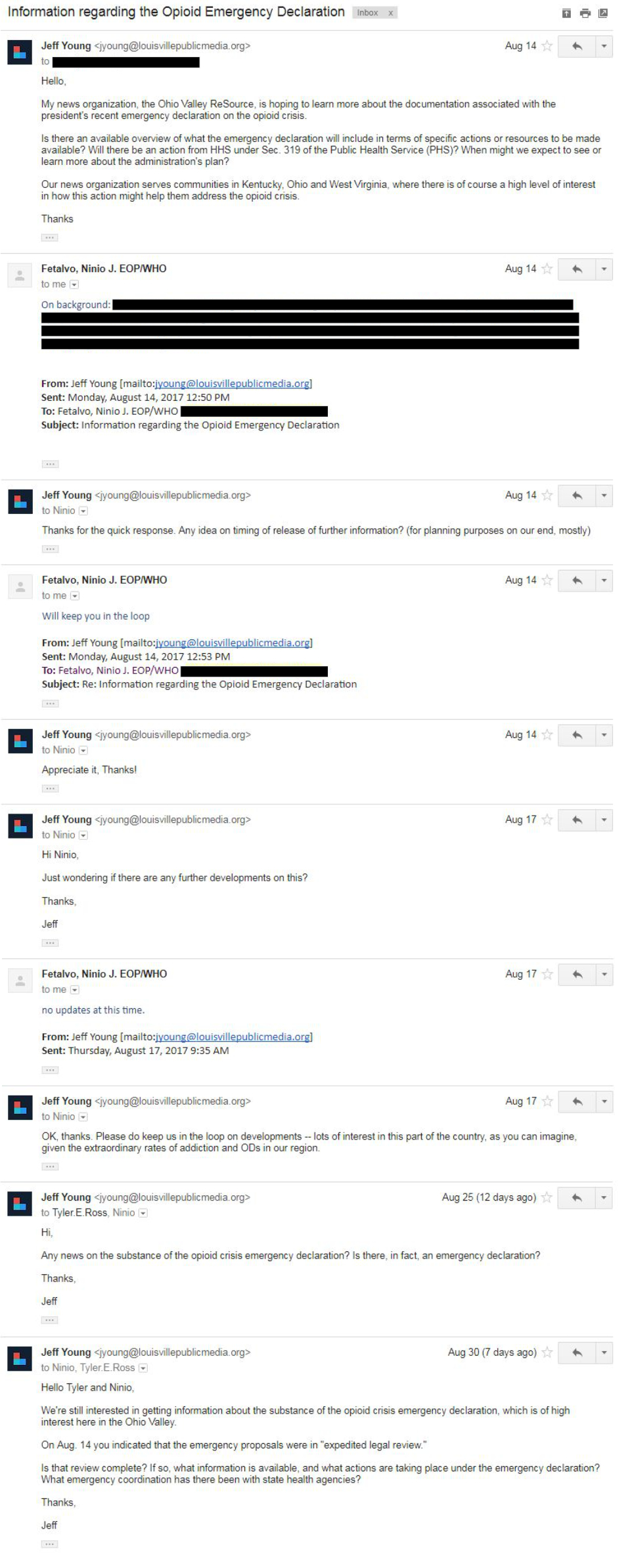News
Waiting For A Plan: No Action On Opioid Crisis Nearly A Month After Trump’s “Emergency”
By: Aaron Payne | Ohio Valley ReSource
Posted on:
It’s been nearly one month since President Trump told a group of reporters he was declaring the opioid crisis a national emergency.
“The opioid crisis is an emergency, and I am saying, officially, right now, it is an emergency,” the president said at his golf resort in New Jersey on August 10.
But in the the weeks that have passed, health officials and addiction treatment specialists in the Ohio Valley states hardest hit by the epidemic said they have not heard from the administration and are still waiting to see details of an emergency plan.

More Complex

Steve Shannon is a board member with the Voices of Hope organization in Lexington, Kentucky, which connects people with substance use disorders with treatment resources. Shannon is among the addiction treatment advocates growing concerned as time passes without a plan from the administration.
“Are they scaling back on what their intentions were?” Shannon wondered. “It’s a more complex issue than perhaps they initially envisioned, even though they studied it for six months.”
A spokesperson with the White House indicated to the ReSource in August that the delay was partially due to an expedited legal review of possible emergency options. Other members of the administration have told media outlets that Hurricane Harvey has shifted emergency priorities.
But Shannon and others working to combat the opioid crisis remain optimistic. While announcing a public health emergency without a plan already in place is unorthodox, they said, it is not the worst-case scenario.
Get it Right
Dr. Joseph Gay, the long-time director of Health Recovery Services before retiring last month, said rushing out a plan could be worse.
“The greater danger is if they don’t get it right, it won’t be effective and it will waste taxpayers’ money,” he said.

Gay said he hopes that the administration is using the time to talk to addiction specialists in the Ohio Valley to learn what is needed to increase access to treatment.
However, representatives from Ohio Department of Health and the West Virginia Bureau of Public Health said as of last week they have not been contacted by federal health officials seeking input for the declaration.
Gay said he thinks an effective emergency declaration will require funding from a source President Trump has previously attempted to roll back: Medicaid.
“Locally, the best mechanism for such funding has been through Medicaid. And so there would be needs to preserve those systems,” he said.
Important Conversations
As an advocate for long-term recovery, Steve Shannon said he hopes the administration uses the time to talk to people in recovery, especially those struggling to maintain it.
“I think it’s harder for people at the highest level to have that conversation. But I think they bring some really profound insights to it,” he said.
In the meantime, those working in treatment and recovery hope President Trump’s announcement starts conversations on state and local levels about providing more attention and resources to the area’s worst public health crisis in recent years.
___________________________________________________________
White House Goes Silent On Opioid Emergency
These email exchanges between the ReSource and the White House show a shift in the administration’s communication about the opioid crisis emergency.
A spokesperson for the Trump administration responded on August 14 with background information about an expedited legal review underway for the emergency declaration. To respect the spokesperson’s background request, the email’s contents are redacted here.
As days pass, the White House spokesperson promises to update with further information.
By August 25, the White House spokespeople cease responding to requests for basic information about the emergency declaration.
The Department of Health and Human Services also declined comment, directing inquiries to the White House.



